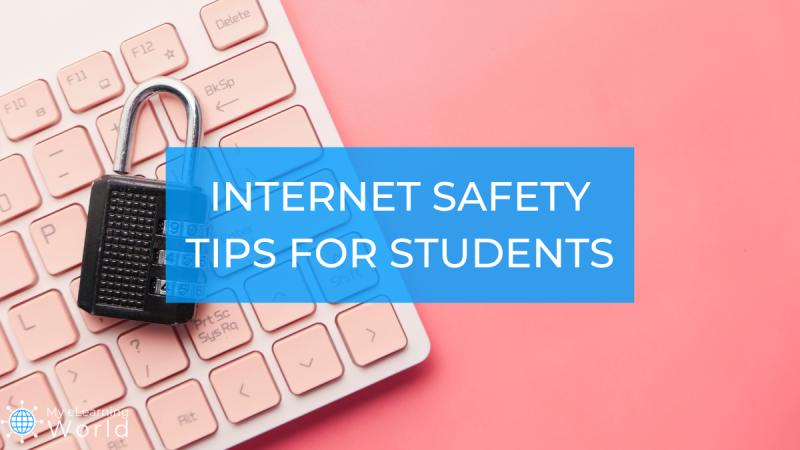The internet has become a valuable tool for students to do independent research in school, communicate with teachers, friends and family, stay active on social media, explore their interests and much more. And with the help of smartphones, laptops and other technology, the younger generation can easily stay online anytime, anywhere.
While this provides students with great opportunities to learn and grow, it also exposes them to cyber risks such as cyberbullying, phishing, identity theft, scams and online predators. The situation is also alarming in the Philippines, as a 2022 study by Surfshark found that the Philippines ranks second in the world in terms of children’s vulnerability and exposure to cyber threats, behind Thailand and ahead of Turkey.
Online Best Practices for Students to Avoid Cyber Risks
With this upcoming back-to-school season, students will once again rely on the internet for research, communication, and many other purposes. Fortinet, a global cybersecurity leader driving the convergence of networking and security to protect younger generations from cybercrime, shares internet safety tips to help students practice good cyber hygiene and stay safe online.
Visit secure connections and links. A secure connection ensures that your data is protected from cybercriminals. To check if your connection is secure, look for https:// in the URL and look for the small lock icon on the left. Additionally, you should avoid visiting suspicious links that sound like rumors, as they may contain malware or other harmful content.
In addition to being careful with links, be sure to read the fine print about the privacy settings of any website or application. This will help users better understand how their data will be used.
Use strong passwords and multi-factor authentication. When creating passwords for your accounts, it’s important that they’re easy to remember but hard for others to guess. Don’t use sensitive or personally identifiable information in your password, like your phone number, birthday, favorite movie or sports team, or other information. A strong password uses numbers, symbols, and upper and lowercase letters in seemingly random arrangements. Each account should have a unique password. For added protection against cybercriminals, even if your password is compromised, enable multi-factor authentication (MFA), which creates an extra step to verify your identity when logging into your account with a physical or application-based token.
Make sure your devices and applications are kept up to date. Cybercriminals often exploit vulnerabilities in outdated applications and devices to access sensitive data. To reduce your cyber risks, regularly check for updates to address vulnerabilities and improve the security features of your devices and applications.
Be careful when sharing information or interacting with others online. Content posted online is permanent – even if it is deleted. It is therefore important to be careful about what you post and which platforms you use. Avoid publishing personal information and carefully review any photos, videos or other content uploaded. Additionally, always be careful when interacting with others online. Cybercriminals can easily pose as friends or acquaintances to trick unsuspecting people into divulging sensitive information or content. Discuss any online interactions that make you uncomfortable with a trusted adult.
To increase cybersecurity awareness, Fortinet offers a training program called Network Security Expert (NSE) through the Fortinet Training Institute. This multi-level certification program includes free, self-paced NSE 1 and NSE 2 courses designed to increase cybersecurity awareness among students, parents, educators and other individuals to combat evolving threats and the cybercriminals who facilitate crime online.





